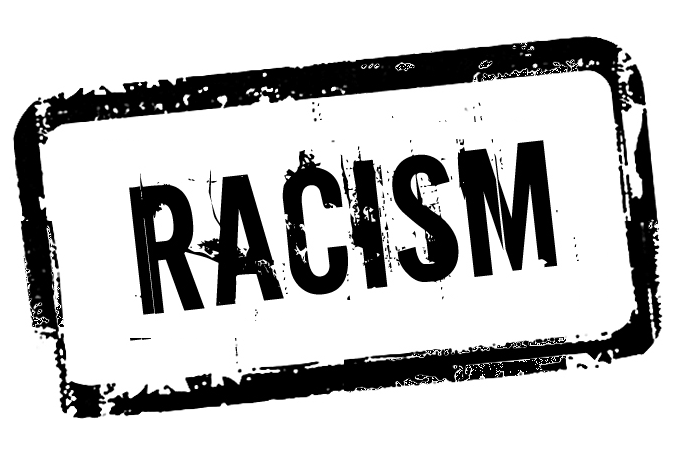The South African Human Rights Commission (HRC) has confirmed it will be investigating a racist Facebook post, which has raised the ire of South Africans. The flow of support for the waitress offended by #RhodesMustFall (RMF) movement member Ntokozo Qwabe recently made waves on social media and in less than a week, another incident involving a post by Matthew Theunissen caused a stir online after he too decided to vent on his Facebook page. In response to Theunissen’s comments, the HRC has received complaints from the public, as well as calls from officials to probe the matter.
SAHRC provincial manager Karam Jeet Singh explained that since the story recently unravelled, it was only during the course of Tuesday that the HRC began receiving complaints and referrals to deal with the matter.
He said that the HRC cannot be presumptuous in assuming Theunissen’s liability in the case as the Commission is first required to complete due process and investigate the matter thoroughly.
“I would not want to prejudge what the liability could be, since the case could be referred to the courts.”
Theunissen took to social media on Monday morning to vent about sports minister Fikile Mbalula’s ban on South African sports associations.
“So no more sporting events for South Africa. I’ve never been more proud than to say that our government are a bunch of K*****s. Yes, I said it, so go F*** yourselves you black F***ing C****s,” Theunissen said in his Facebook rant.
Singh noted that the Commission has to date not received a complaint or a referral regarding Qwabe’s recent statements.
Qwabe, who is a leading figure in the RMF movement at Oxford University, refused to tip a waitress at a restaurant in Observatory, Cape Town. His friend, Wandile Dlamini, subsequently wrote on the bill: “We will give a tip when you return the land.”
Singh said that the manner in which the story was portrayed in the media appeared to cause distress and a public outcry. He, therefore, encourages individuals to practice caution when reading stories in the media without being informed of the necessary facts.
“One must be hesitant to comment on stories that one sees in the media without a full understanding of what actually happened.”
He said that citizens need to understand that the human rights of South Africans are clearly outlined within the Bill of Rights, which is inclusive of the freedom of expression, conscious, and thought.
What the law says, however, is that certain speech that goes beyond the confines of freedom of speech is deemed unlawful, of which hate speech and incitement is included.
“To say that something is unlawful is one thing, but to say that it is criminal is something else. There is a variety of ways that we can deal with unlawful speech that does not necessarily imply a criminal sanction,” Singh explained.
Theunissen further asserted that racist speech inherently dehumanises an individual and is an affront to the dignity of individuals.
South Africans, therefore, need to have conversations about what constitutes racist speech and the relevant consequences of exercising what we consider to be free speech when we self-publish, particularly on social media.
“It is not just one race group that is offended by these comments, people are offended across the board,” Theunissen concluded.
For more information, visit: www.sahrc.org.za If you wish to lay a complaint, email: ssalie@sahrc.org.za. Alternatively, call: 011 877 3600






 WhatsApp us
WhatsApp us 

